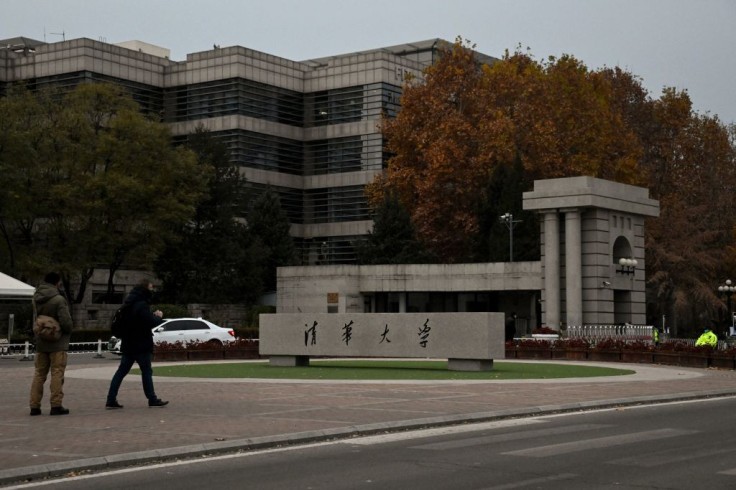Former Harvard Professor Charles Lieber Joins Tsinghua University After China Ties Conviction
By
In a surprising move first reported by the South China Morning Post, retired Harvard University chemist and nanoscientist Charles Lieber has joined Tsinghua University as a chair professor, marking a new chapter in his illustrious yet controversial career. Lieber, aged 66, was convicted in 2021 for failing to disclose his connections to a Chinese talent program, a case that highlighted tensions in U.S.-China academic collaborations. Now, he is set to conduct research at Tsinghua's Shenzhen International Graduate School, a hub launched in 2019 by one of China's top universities.
Lieber's pioneering work in nanotechnology, particularly its applications in biology and medicine, has earned him global recognition. His decision to join Tsinghua comes after a high-profile legal battle in the United States, where he faced charges related to nondisclosure of his involvement with China's Thousand Talents Plan. The conviction drew significant attention, raising questions about academic freedom, international partnerships, and the scrutiny faced by researchers with ties to China.
At Tsinghua, Lieber aims to advance his research in the vibrant and innovative city of Shenzhen, a global tech hub. The Shenzhen International Graduate School is known for fostering cutting-edge research and attracting top talent, making it a fitting destination for a scientist of Lieber's caliber. His appointment underscores China's ongoing efforts to bolster its academic institutions by recruiting prominent global researchers, even amidst geopolitical tensions.
This move also reflects broader trends in academic mobility. Tsinghua has recently attracted other high-profile researchers, such as AI scientist Alex Lamb, who joined its College of AI as an assistant professor. These recruitments highlight China's strategic focus on advancing fields like artificial intelligence and nanotechnology, positioning institutions like Tsinghua as global competitors in scientific innovation.
Lieber's transition to Tsinghua has sparked mixed reactions. Some view it as a testament to China's growing appeal as a destination for top-tier researchers, while others see it as a controversial move given his legal history. The case continues to fuel debates about the balance between national security and the open exchange of scientific knowledge, particularly in the context of U.S.-China relations.
As Lieber embarks on this new role, his work at Tsinghua could shape the future of nanotechnology and its applications. His presence in Shenzhen may also strengthen academic ties between China and the global scientific community, even as it prompts ongoing discussions about the complexities of international research collaborations.
© 2026 University Herald, All rights reserved. Do not reproduce without permission.








